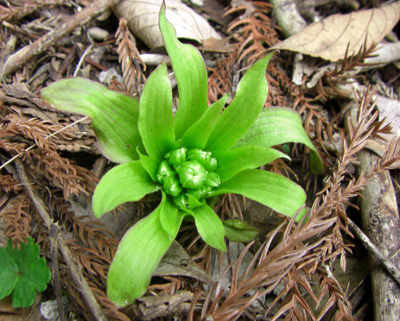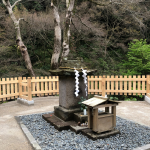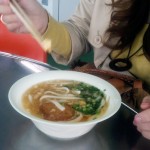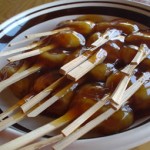Spring is just around the corner and plants are sprouting under the ground!
You can find many tasty edible wild plants such as new buds and young blades this season.
People say tempura with those plants is the best way to eat them. The bitterness of the plants is softened with the oil. But, you might want to know other ways to eat them as well. We will introduce other recipes.
Let’s go outside and look for the taste of spring!
Fukinotou (Butterbur scape / Petasites japonicus), ふきのとう / フキノトウ / 蕗の薹

[Basic Information]
The slightly bitter flavour and smell of fukinotou is one of Japan’s most common and favorite spring plants. It is native to Japan.
Pick young butterbur scape like the photo above. Young butterbur (Fuki) is also edible. Pick the soft ones growing in the shade.
*The explanation here is mainly about Fukinotou (butterbur scape).
Edible part: The whole plant surface of the ground
Good season to pick: February ~ March (Butterbur scape) / April ~ July (Butterbur)
Where to look: Fields, river banks and woodland paths
Size: 6 cm ~ 12 cm (Butterbur scape)
Perennial plant, dioecism
[How to Eat]
Young buds → Tempura, Soup, Boiled fukinotou seasoned with soy sauce, Use fukinotouinstead of garlic for peperoncino
*To rid of sheath from fukinotou, wash them and put them in a bowl of water. If you feel it is too bitter, add some baking soda in the water.
[Recommend menu]
Fried Butterbur with Tempura Sauce
Ingredients
Fukinotou 8 ~ 10
○Tentsuyu (Soba sauce) 200cc
*You can buy tentsuyu (soba sauce) in bottle or in sachet at supermarkets.
○Sesame oil
○Tenkasu (Tempura coating) 30g
*You can buy tenkasu at supermarkets. Even if you don’t put tenkasu, the dish is still good.
○Sugar
How to Cook
1. Fry fukinotou in sesame oil.
2. Put fried fukinotou in the boiled tentsuyu (soba sauce), and boil for a few minutes.
*If the sauce is too salty, add some water and sugar.
3. Put tenkasu (soba sauce) in the pot.
Category : text @en
Tag : 24 divisions of the solar year , 24sekki , corona virus , COVID-19 , COVID19 , Emergency , Japanese culture , season , tanabata , The coronavirus , 日本の文化
![[Spring Is Tasty! – Edible Wild Plants] – Part 2: Tarano-me](http://kic-update.com/engine/assets/021bb4af4b0a27d17f0a82fb8e4ca469-50x50.jpg)



























